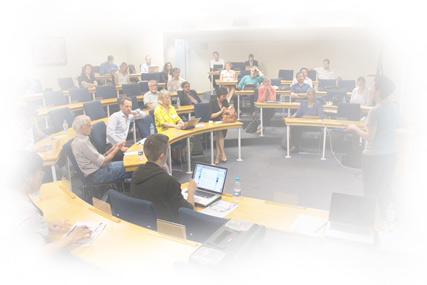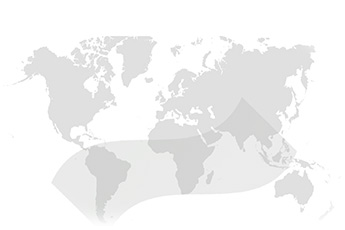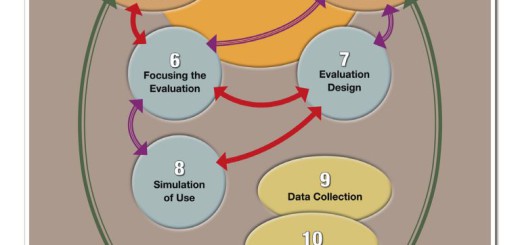
ROER4D SP4 dataset on the DataFirst repository.
The Research on Open Educational Resources for Development (ROER4D) project has published its first open dataset in collaboration with DataFirst, an internationally recognised data service at the University of Cape Town (UCT).
The published ROER4D Sub-project 4 dataset arises from a study on social and cultural acceptability of Open Educational Resources (OER) in South Africa. Licensed under a Creative Commons Attribution (CC BY) 4.0 International licence, the dataset is comprised of qualitative and quantitative data generated from interviews and surveys undertaken amongst academics at UCT, the University of Fort Hare and the University of South Africa (UNISA). Research instruments have been published along with the microdata and a narrative dataset description.
ROER4D Open Data Initiative supporting research capacity building
The publication of SP4 data takes place under the auspices of the ROER4D Open Data Initiative, which supports the ROER4D researcher community in data management practice and data publication activity. This forms part of the project’s overall commitment to open research principles; researchers in the various sub-projects are encouraged to share traditional text-based outputs such as research reports and papers, as well research data, tools, instruments, multimedia and working documents.
It is hoped that the data publication process will aid the project’s research capacity building efforts, and have demonstrable benefit for participating researchers in terms of boosting the rigour and visibility of their research. Henry Trotter, a ROER4D Researcher on the SP4 study, stated: “Our sub-project’s engagement with the data publication process was crucial to us because, firstly, we wanted to make sure our work was as open as possible and published under an open licence. Secondly, due to the rigorousness of the process, we were able to produce a de-identified, accurate dataset that we could confidently share with the world while protecting the identities of our research subjects. It was the first time we had put our research data through such a process, but it was worth it and we are pleased with the results.”
Challenges in preparing qualitative data for publication
Publication of ROER4D datasets presents some challenges in terms of the mixed methods research approach employed by most sub-projects. Traditionally, expertise in data preparation methods for publication (de-identification, quality assurance checks, etc.) is more focused on quantitative data. The project has had to innovate and define appropriate measures for dealing with the specific dynamics associated with preparing qualitative data, in which human subjects are a central focus. Data de-identification approaches have been adapted to protect the identity of respondents while retaining data integrity and trying to ensure that the data is useful in a third-party context.
The ROER4D Curation and Dissemination team is currently working with other sub-projects in preparing further data for release, which will be published through DataFirst in 2016. DataFirst is considered an ideal publishing partner in that it provides professional support in quality assurance and data de-identification processes. It recently became part of a small group of Data Archiving and Networked Services (DANS) indicates that the platform is a trusted digital repository. DataFirst is the only data service in the developing world to have achieved this certification, and provides the added benefit of data hosting and publication being retained entirely in the Global South.
Accessing ROER4D published data
To access the published data, visit the SP4 page on the DataFirst Data Portal and click on the “Get Microdata” tab. You will be required to register with the site and provide a short statement outlining your intended use of the data. These details aid the project in tracking usage and providing feedback to authors on downstream application of their data. Capturing usage data is crucial in the ROER4D project context, in that it assists in making the argument to researchers for a more open approach, and in demonstrating impact.






[…] ROER4D has recently launched the ROER4D Open Data Initiative we are interested in connecting with and learning from projects that engage with open data in […]